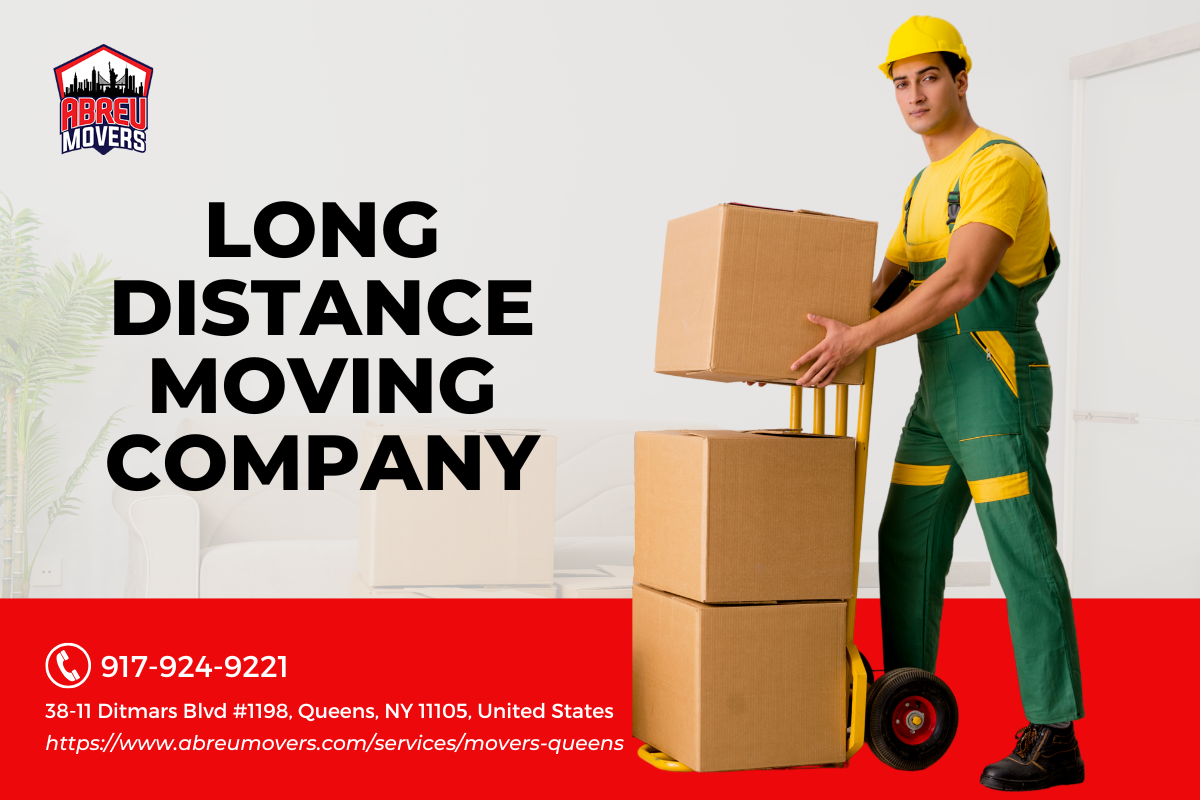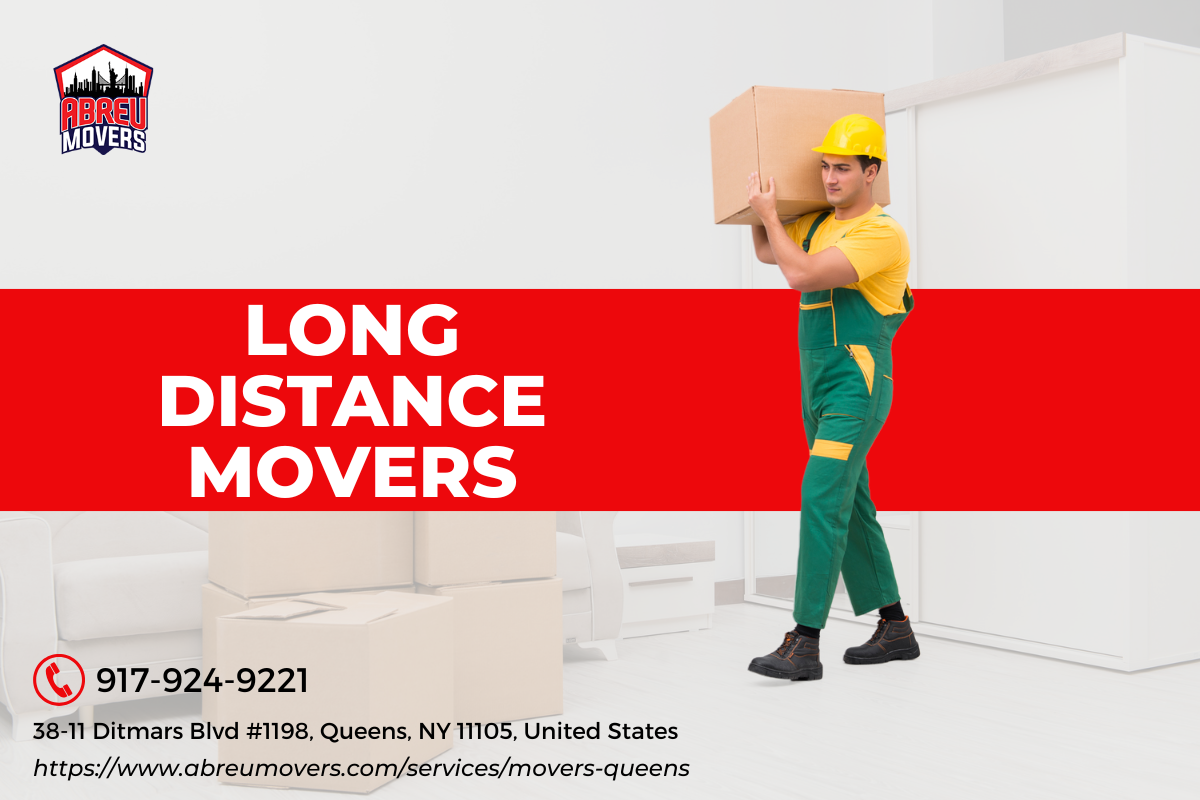


Introduction
Moving can be a life-altering experience, whether you're relocating across the street or across the globe. The decision between an international move and a domestic one can be daunting, particularly when you consider all the variables involved. This guide aims to provide you with a detailed understanding of both types of moves, so you can make informed decisions based on your individual situation.
In this article, we’ll delve into various aspects of moving, covering everything from logistics and costs to emotional considerations and legal requirements. By the end of this comprehensive guide, you’ll not only understand the differences between international moves and domestic moves but also feel equipped to tackle your upcoming relocation.
Understanding Long Distance Moving
When discussing long distance moving, it’s essential to clarify what constitutes "long distance." Generally speaking, any move over 100 miles falls into this category. Whether you're using a long distance moving company or handling things yourself, long-distance moves often involve more planning and coordination than local ones.
What is Long Distance Moving?
Long distance moving refers to relocating belongings over a significant distance—typically beyond 100 miles. It requires careful planning and often involves additional logistics compared to a local move.
Why Choose Long Distance Movers?
Opting for professional long distance movers can alleviate some of the burdens associated with such relocations. These companies specialize in managing logistics, packing, transportation, and even storage solutions tailored for long distances.
The Role of Long Distance Moving Companies
Choosing among various long distance moving companies can seem overwhelming. However, these companies offer essential services that cater specifically to long-distance relocations:
- Professional packing services Transportation options Storage facilities Insurance coverage
Deciding on a trustworthy long distance mover involves checking reviews, credentials, and ensuring they have experience with your type of move.
International Moves: A Different Beast
When it comes to international moves, complexities multiply exponentially compared to domestic relocations.
What Makes International Moves Unique?
International moves require thorough attention to detail due to various factors including customs regulations, import taxes, and differing laws between countries.
Key Considerations for International Moves
Customs Regulations: Each country has unique rules governing what can be imported. Insurance Needs: Higher levels of insurance coverage may be necessary. Cultural Adjustments: Understanding cultural norms in a new country is vital. Language Barriers: Communication challenges may arise if language differences exist.Choosing an International Moving Company
Like their domestic counterparts, international movers also play a crucial role in ensuring a smooth transition:
- They are well-versed in navigating customs. They offer specialized packing materials for overseas transport. They assist with documentation.
Comparative Analysis: International vs Domestic Moves
Understanding these two types of moves allows individuals to better prepare for their upcoming relocations.
Cost Implications: Domestic vs International Moves
One significant difference lies in the cost structure associated with each type of move. Domestic moves tend to be less expensive than international ones due to fewer logistical hurdles involved.
Breakdown of Costs for Domestic Moves
Transportation Fees Packing Supplies Labor CostsBreakdown of Costs for International Moves
Freight Charges Customs Duties Potential Storage FeesLogistical Challenges: An Overview
Logistics form the backbone of any successful move—whether domestic or international—and differ significantly in complexity:
Domestic Move Logistics
Domestic moves usually involve straightforward routing and scheduling without substantial bureaucratic hurdles.
International Move Logistics
https://pastelink.net/aaozer78In contrast, international moving logistics require meticulous planning that includes:
- Coordinating shipping schedules Ensuring compliance with international regulations Managing timelines for customs clearance
Emotional Considerations in Moving
Both domestic and international relocations invoke emotional responses that should not be overlooked.
Coping with Stress During Domestic Moves
Moving within the same country often feels less daunting; however, it doesn't come without its share of stressors:
Organizing belongings can become overwhelming. Leaving friends behind may feel isolating. Unexpected expenses can arise at any moment.Coping Mechanisms for International Relocations
An international move presents unique emotional challenges:
Excitement mixed with anxiety about adapting to a new culture. Fear related to language barriers or unfamiliar environments. The sadness associated with leaving loved ones behind permanently or temporarily.Legal Requirements: Navigating Paperwork for Both Types of Moves
Understanding the paperwork involved is crucial when embarking on either type of move.
Domestic Move Documentation Essentials
Change-of-address forms Utility transfer requests Vehicle registration updatesInternational Move Documentation Essentials
Visas (if required) Customs declarations Health documents (vaccination records)Packing Strategies: Preparing Your Belongings for Transit
Packing plays an integral role in both types of moving experiences but varies significantly due to distance considerations.
Effective Packing Tips for Domestic Moves
Declutter before packing. Use sturdy boxes tailored for different items. Label boxes clearly for easy unpacking later on.Specialized Packing Techniques for International Moves
Use reinforced packing materials designed for ocean freight. Ensure fragile items are double-wrapped. Create an inventory list detailing all items being shipped.Storage Solutions: When & Why You Might Need Them
Sometimes storage becomes necessary during transitions; understanding your options is key.
Storage Solutions During Domestic Moves
Many people utilize temporary storage while transitioning between homes:
- Renting storage units close by Using portable containers delivered directly
Storage Solutions During International Moves
International relocations might necessitate longer-term storage solutions:
- Climate-controlled storage facilities Warehouses that specialize in long-term overseas shipments
The Role of Professional Help: Should You Hire Movers?
The question remains—should you hire professionals or go DIY?
Pros & Cons of Hiring Long Distance Movers
Pros:
Expertise in handling logistics 2.Reassurance through insurance 3.Time-saving efficiencyCons: 1.Cost implications might deter some 2.Potential miscommunication issues
Pros & Cons of Handling Your Own Move
Pros: 1.Saves money on labor costs
2.Complete control over every aspect
Cons: 1.Stressful experience without professional support
2.Limited resources available
FAQs about International vs Domestic Moving
Here are several frequently asked questions regarding both types of relocation:
Q1: What’s more expensive—domestic or international moving?
Generally speaking, international moves tend to be more costly due mainly due customs fees and longer transit times involved compared with domestic relocations which usually incur lower costs overall depending upon mileage traveled .
Q2: How do I choose between hiring professionals or doing it myself?
Consider factors like time constraints , budget limitations ,and personal comfort level when deciding whether hiring professionals suits your needs best .
Q3: Are there any special preparations needed if I’m moving internationally?
Yes! You’ll need extensive documentation , ensure compliance regarding customs regulations ,and plan ahead accordingly since cultural adjustments will likely come into play as well .
Q4: How do I find reputable long-distance movers?
Start by researching online reviews , asking friends/family recommendations,and comparing estimates from various providers before making decisions!
Q5: What happens if my items get damaged during transport?
Most reputable companies will offer insurance options protecting against loss/damage occurring during transit; always review policies prior!
**Q6 :How much notice should I give before planning my move ? **
Ideally aim at giving six weeks’ notice ahead especially if requiring professional assistance ; this ensures adequate time scheduling resources effectively!
Conclusion
In conclusion,"A Comprehensive Guide to International Moves vs Domestic Moves" serves as an essential resource designed specifically aimed at helping individuals navigate complex choices inherent within both types . From understanding cost structures , logistical challenges ,to emotional considerations —each aspect plays critical role shaping overall experience encountered throughout journey . Whichever path you choose—remember preparation is key! Make sure you cover every base before embarking upon next adventure!